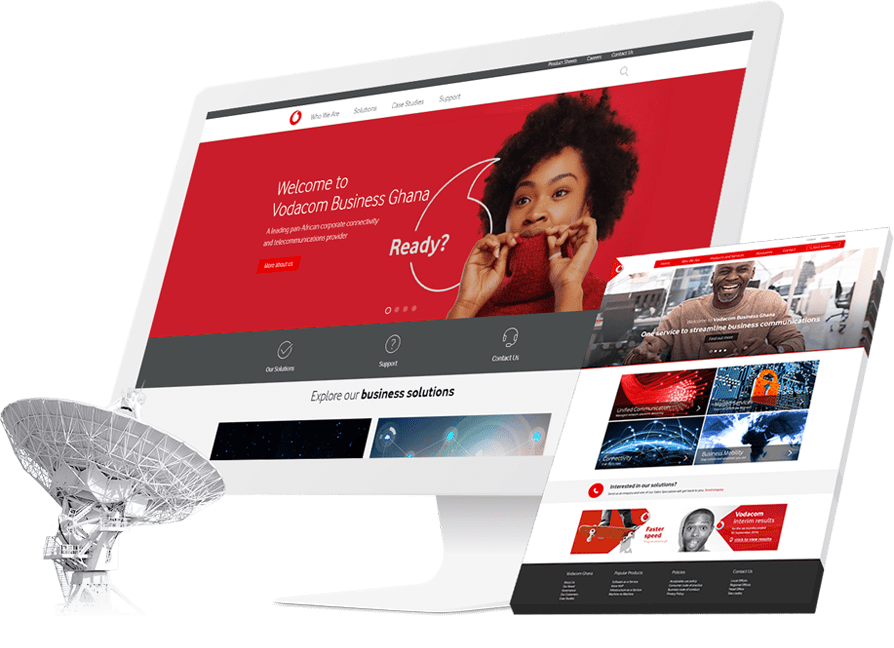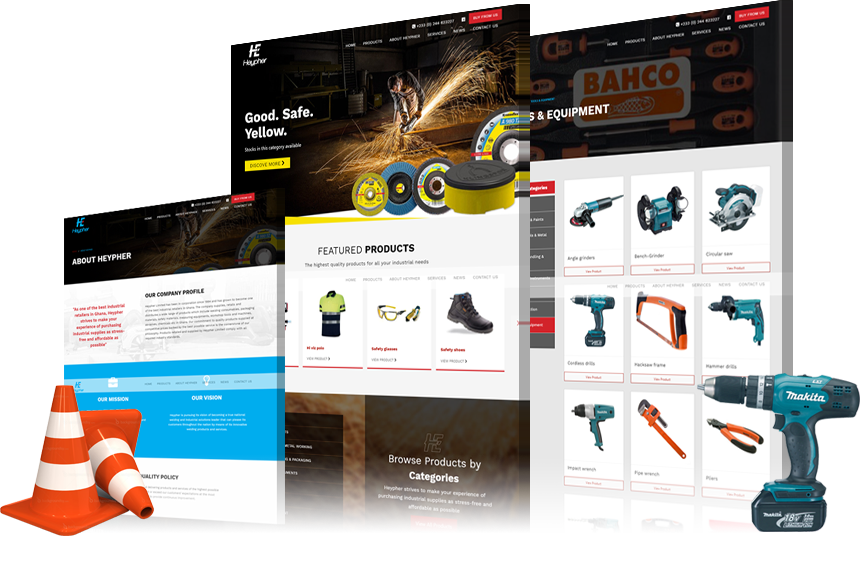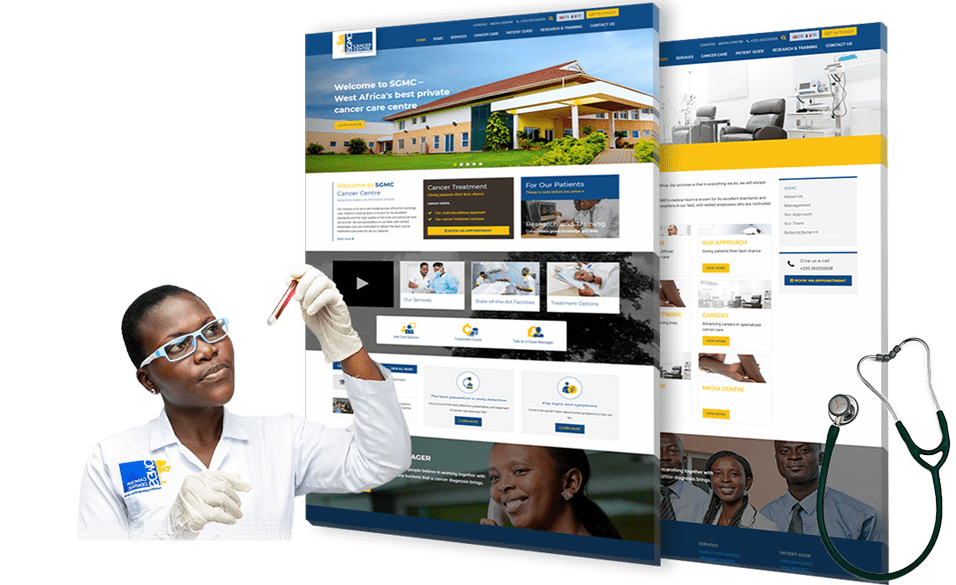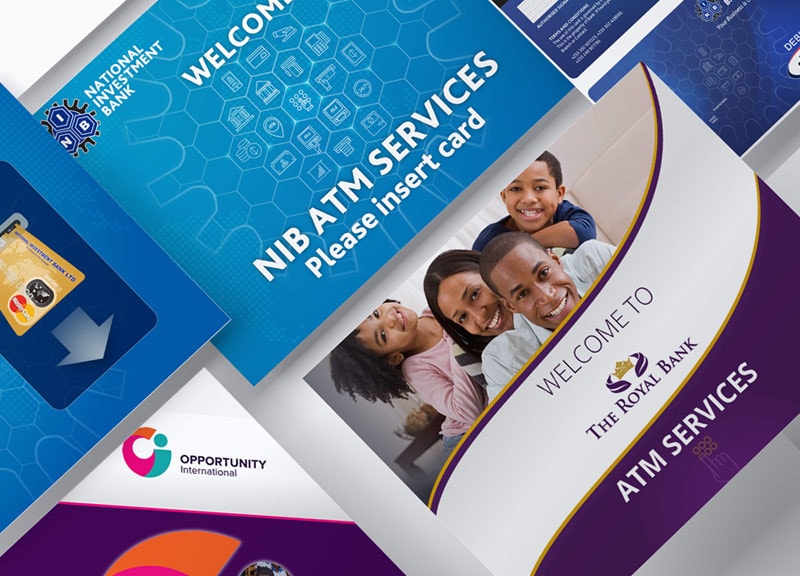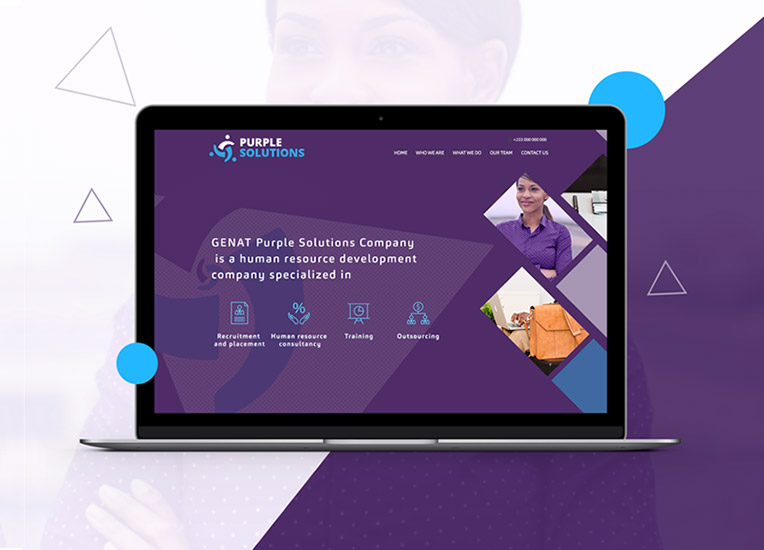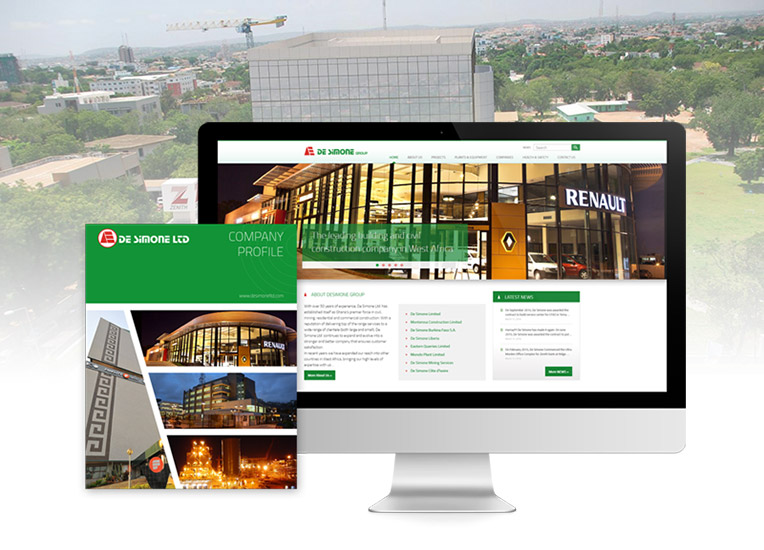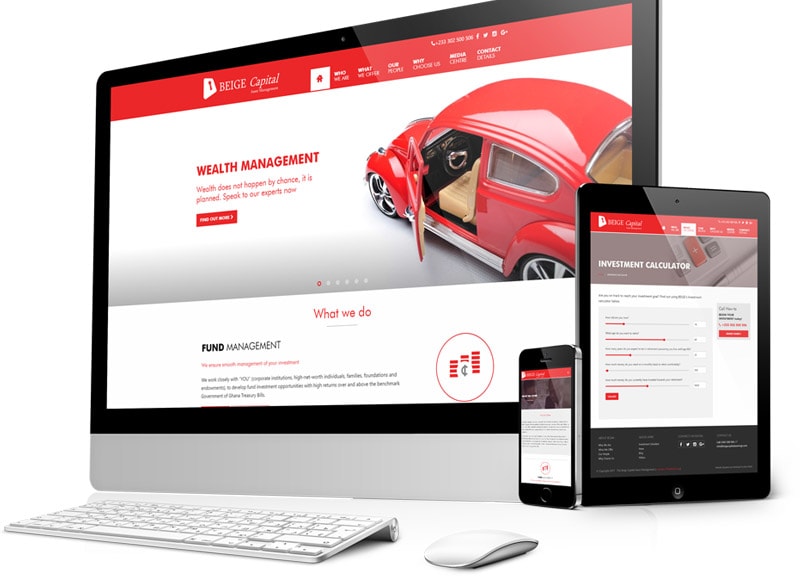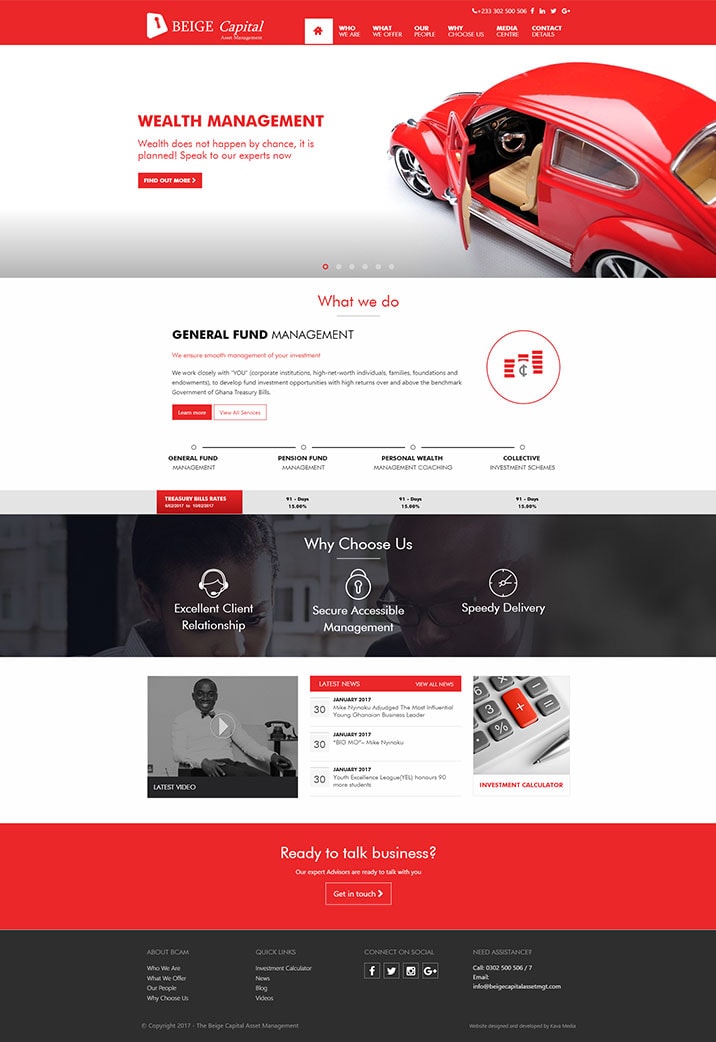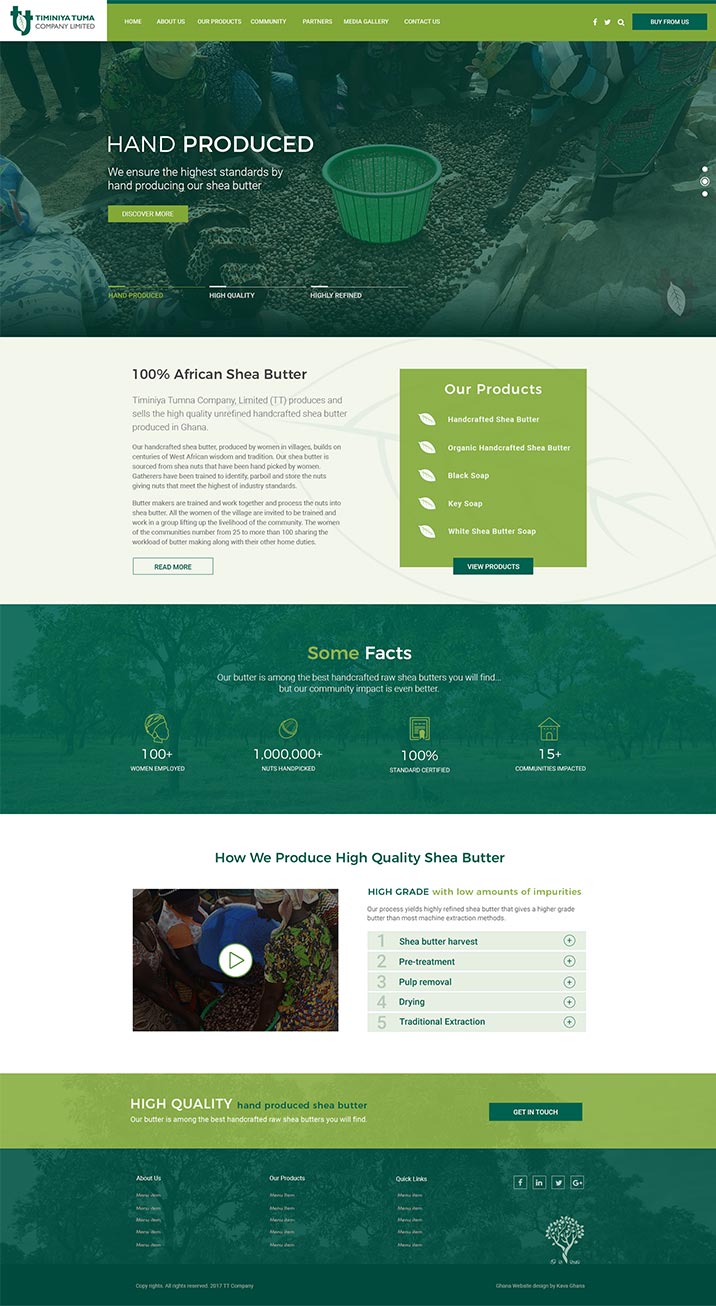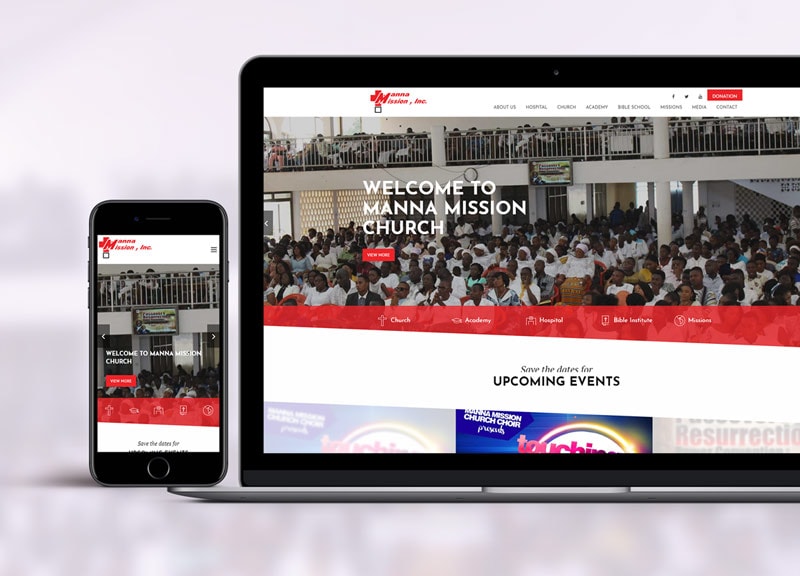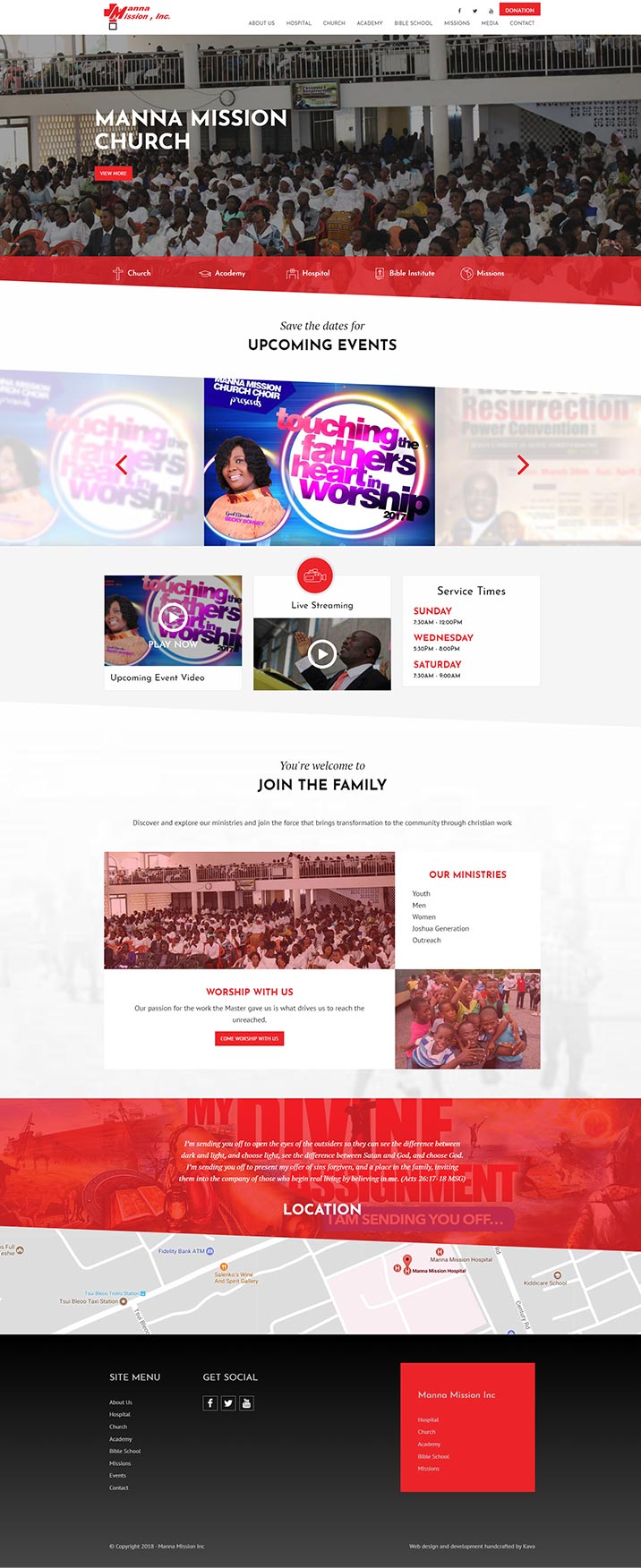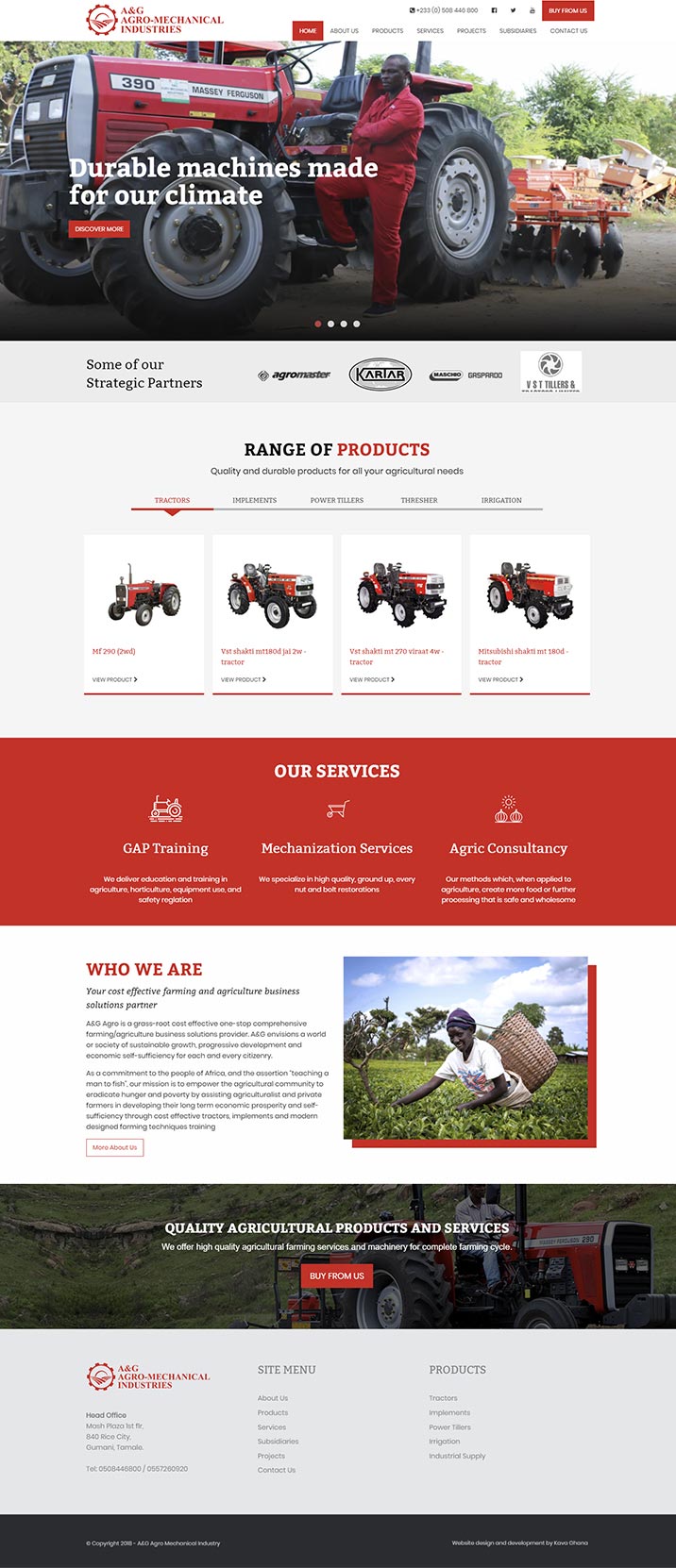Learn the basics
The building blocks of web development HTML (HyperText Markup Language), CSS (Cascading Style Sheets) and JavaScript must be learnt and mastered through practice and problem solving. The top companies including Google, Facebook, Yahoo, eBay, Amazon and web blogs such as Smashing Magazine, A List Apart, CSS Tricks, Sitepoint among others all use these technologies on their websites irrespective of the means used in serving up these technologies up the browser. So the smart thing to do when beginning to learn web design and build websites for companies is to master the basics; HTML, CSS and JavaScript.
It takes time and practice to internalize these technologies especially when you're starting but it pays off in the long run. Avoid the cookie cutter approach by indulging in tools or platforms that promises to help you design websites without first having the knowledge and understanding it takes to do one. A professional website done right would include the basic technologies with a mix of other principles of design and web design elements like color theory, web typography, Page/CSS layout, responsive design, prototyping, user interactions and animations, CSS Flexbox layout, CSS Grid layout, HTML Forms and Tables among others. When starting web design and development, the list of things that you have to master can seem overwhelming but with time it will be easier. It is said that it is hard before it is easy.
There are professional web design courses regarding these subjects that can make things easier as they allow you to learn at your own pace and replay videos on demand.
Master your workflow
Designing and developing websites for a professional career would call for you to master frontend development or backend development or both. And beginning with a web project there are methods or processes to follow to produce the desired outcomes or results.
You'll have to plan through the various processes of web design; Research, Wireframes, Design, Coding, Validation, Browser Testing and launch. With each project you refine these processes noting what worked and what didn't, what you'd do differently next time, what project management tools you'll adapt, etc.
Processes or your workflow helps you to be more efficient and productive. Without adequate planning and an efficient workflow, project milestones can be delayed and project deadlines affected.
Never Stop Learning
Advances in technology is at a fast pace and so you'll have to be responsible for your self-development in this career. You'll have to stay up to date both with industry technologies and skill sets. For example, back then I use tables for page layout, then adjusted my skillset to using DIVs with floats, inline-block, absolute positioning etc.
Now the web technology is advancing in how we do page layouts and CSS Flexbox comes in handy and its companion is the powerful CSS Grid which is changing how we handle web design. If you don't upgrade you'll be stacked. So, it pays to never stop learning.
